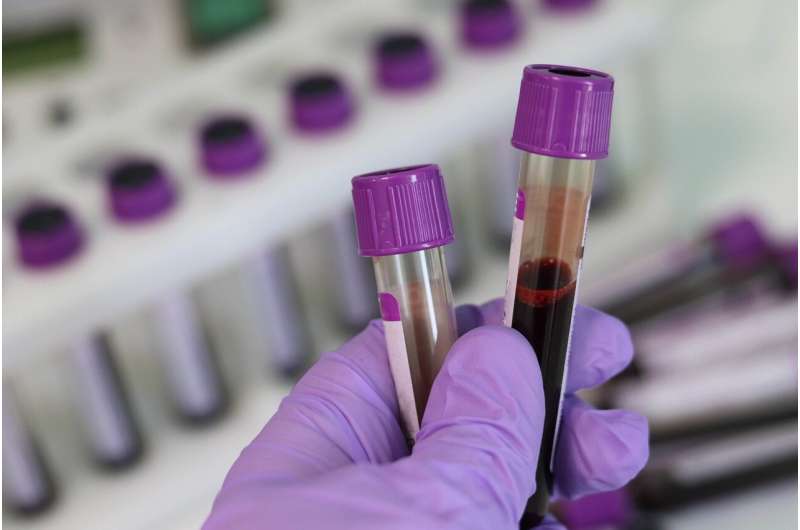Innovative Treatment Approach for Small Cell Lung Cancer Announces Clinical Trial

Researchers at Dana-Farber have developed a new drug strategy targeting cell cycle vulnerabilities in small cell lung cancer, leading to a promising clinical trial for this aggressive cancer type.
Recent research conducted at the Dana-Farber Cancer Institute has introduced a promising new strategy for treating small cell lung cancer (SCLC). This method involves a novel class of drugs known as cyclin A/B RxL inhibitors, which target specific protein interactions within cancer cells that are compromised due to mutations affecting key tumor suppressors like RB1 and TP53. These mutations disrupt the G1/S checkpoint of the cell cycle, leading to uncontrolled cell growth.
The groundbreaking research, led by Dr. Matthew Oser and his team, demonstrates that these inhibitors can selectively induce cancer cell death by interfering with cyclin-dependent processes essential for tumor proliferation. Laboratory studies revealed that the drugs cause DNA damage and disrupt cell division primarily in cancer cells exhibiting high E2F activity, a marker of cell cycle dysregulation, while sparing normal cells.
This targeted approach is especially significant because it addresses a core vulnerability in small cell lung cancer, where loss of tumor suppressors has historically made direct targeting challenging. The findings suggest that these inhibitors could effectively halt tumor growth, as evidenced by preclinical models where treated SCLC tumors showed halted progression.
Encouraged by these results, a phase 1 clinical trial is now underway across the United States to evaluate the safety and efficacy of a related compound, CID-078, in patients with small cell lung cancer, triple-negative breast cancer, and other cancers with similar cell cycle defects. This trial marks a critical step toward developing personalized therapies for cancers driven by cell cycle checkpoint failures.
The research highlights a shift toward exploiting specific genetic vulnerabilities in cancer cells and opens new avenues for targeted cancer therapy. The innovative drug mechanism and promising preclinical data indicate potential for significant advances in treating aggressive cancers like SCLC, which are often limited in available effective options.
For more detailed information, see the original study published in Nature: Shilpa Singh et al, "Targeting G1–S-checkpoint-compromised cancers with cyclin A/B RxL inhibitors" (2025). Source: Dana-Farber Cancer Institute.
Stay Updated with Mia's Feed
Get the latest health & wellness insights delivered straight to your inbox.
Related Articles
2025 Clinical Practice Guidelines for Hematopoietic Cell Transplantation and CAR-T Therapy
The EBMT has released updated clinical guidelines for hematopoietic cell transplantation and CAR-T therapies in 2025, emphasizing standardization, innovation, and personalized treatment strategies to improve patient outcomes across hematological and immune disorders.
Innovative Approaches Urged to Integrate Dentistry into Primary Care
Experts highlight the urgent need to embed dental health within primary care to improve disease prevention, manage chronic illnesses, and promote health equity through interprofessional collaboration and policy reforms.
Research Links Environmental Chemicals to Changes in Genital Development in Young Children
New research indicates that exposure to phthalates may affect genital development in children, potentially impacting reproductive health later in life. This study highlights the importance of reducing exposure to these common endocrine-disrupting chemicals.



